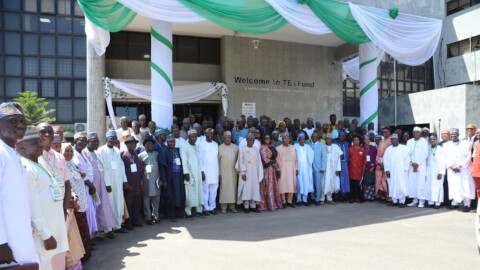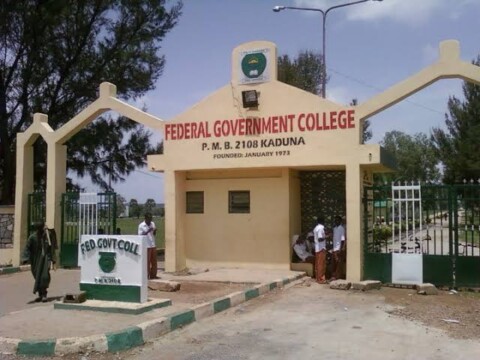The Federal Government has called on Nigeria’s tertiary institutions to align their academic curricula with the country’s pressing economic, social, and environmental challenges—particularly unemployment and climate change.
Minister of Education, Dr. Tunji Alausa, made this call during an interactive session with Rectors of federal polytechnics and Provosts of Federal Colleges of Education. He stressed the importance of producing graduates equipped with market-relevant skills that support Nigeria’s industrialisation and sustainable development goals.
Dr. Alausa revealed that one of the government’s key steps to strengthen technical education is the proposed establishment of a National Commission for Technical Education. He urged institutions to fully embrace the administration’s agenda to transform the education sector through the delivery of high-quality learning and practical training nationwide.
Highlighting the government’s renewed focus on Technical and Vocational Education and Training (TVET), Alausa said the new curriculum adopts the Pareto rule of 80/20—giving greater emphasis to practical, hands-on learning over theoretical knowledge. He explained that this shift is designed to equip students with relevant skills for thriving in high-demand industries such as ICT, carpentry, electrical installation, and advanced manufacturing.
“The aim is not only to increase enrolment in technical institutions but to ensure that graduates are equipped with the skills needed to drive industrial growth and sustainable national development,” the minister noted.
To support this vision, the Ministry of Education has partnered with private sector organisations including the Bank of Industry (BOI) and the Nigeria Education Loan Fund (NELFUND). These partnerships will provide funding, resources, and internship opportunities to foster innovation, entrepreneurship, and greater employability among students.
The minister also underscored the government’s commitment to raising the standard of education through quality assurance, teacher development, and professionalism. He said Colleges of Education must lead the charge in improving teacher training through rigorous pre-service and continuous professional development programmes, while polytechnics are expected to prioritise training for technical instructors equipped with modern teaching techniques aligned with global standards.
“These efforts are crucial for building a robust education system that exceeds accreditation benchmarks and produces graduates capable of driving national progress,” Alausa stated.
He further urged institutions to integrate agricultural education and food security into technical and vocational training. For colleges with agriculture faculties, he encouraged the establishment of farms and agri-tech centres to train students in modern farming, food processing, and storage innovations.
Also speaking at the event, Minister of State for Education, Professor Suwaiba Ahmed, reaffirmed the ministry’s commitment to advancing tertiary education. She described the meeting as a valuable platform for open dialogue and enhanced collaboration to move the sub-sector forward.





